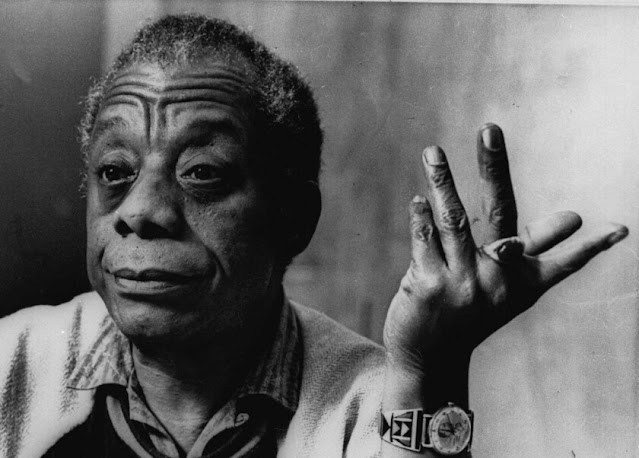What If Lorraine Hansberry Could've Come Out
 |
| Lorraine Hansberry |
Lorraine Hansberry enjoyed enormous success during her short life. Her play A Raisin in the Sun won the New York Drama Critics' Circle Award among others, had a long run on Broadway, and was developed into a successful motion picture. In an interview with Studs Terkel that was done in 1959, Hansberry says that the character of the daughter/sister "Beneatha" is the most autobiographical. Beneatha is a college student and determined to become a doctor. She, her brother and his wife and young son, and their mother all live in the same apartment on the South Side of Chicago. The matriarch of the family receives a check for the proceeds of her late husband's life insurance policy, and the drama begins. Beneatha needs money for her education. Her brother, Walter Lee, wants to invest the money in a get-rich-quick scheme involving partial ownership in a liquor store. Their mother wants to move to a house in the suburbs, which happens to be in a white neighborhood.
Bettina Aptheker reveals in her new book Communists in Closets: Queering the History 1930s-1990s that Lorraine Hansberry was a member of the Communist Party. Her husband Bob Nemiroff - who was white and Jewish - was also a member of The Party, and Aptheker distinguishes between the New York "white" party downtown and the "black" party in Harlem. In the recent documentary Lorraine Hansberry: Sighted Eyes/Feeling Heart, we learn that her husband had everything to do with the play being produced. There were times when he even retrieved her typed pages from the waste paper basket. He also secured the participation of the play's producer Philip Rose.In her book, Aptheker also writes of Hansberry's life as a lesbian. Lorraine wrote her husband a letter in which she states that she does prefer women, but she will agree to act as his wife in public. Later, after she earned great material success, she bought a house in the West Village in which she lived on the top floor, and her lover Dorothy Secules lived on the ground floor.
In listening to her interviews, she says nothing about her lesbianism. She is also very tight-lipped about her participation in the Communist Party. Aptheker's book reveals that she wrote letters to the Daughters of Bilitis - a San Francisco-based lesbian rights organization - magazine The Ladder under the initials "L.H.N." Regarding A Raisin in the Sun, Aptheker reveals that in her research she found notes in Hansberry's hand that were written during classes taught by W.E.B. DuBois. Some of those lines are quoted verbatim in the play.
After her death at age 34 from pancreatic cancer, Lorraine's husband owned the rights to all her papers. Aptheker believes that he saw to it that her lesbianism would remain hidden. There is a little bit about her female lovers in Sighted Eyes/Feeling Heart, but not very much. In Raisin, the love interest for Beneatha is an African student who speaks of black revolution. The contrast between the two male characters is profound: Beneatha's brother's wife is contemplating getting an abortion because they simply can't afford another mouth to feed; Beneatha's boyfriend, Asagai, speaks of building a black nation.
Regarding this character, Hansberry says in the 1959 interview:
"What this fellow represent in the play [is] the emergence of an articulate and deeply conscious anti-colonial intelligencia in the world. I am very much concerned and caught up in the movements of the African peoples toward colonial liberation, liberation out of colonialism, and he represents that to me."
In my own book Practice What You Preach (RoseDog Books) I write of an African character who is a diplomat, a full-grown woman, but is so closeted that she cannot perceive reality. She is so oppressed by the sexism of her culture that she seems to go into a trance when confronted by male voices. I only wish that we could read more writings by Lorraine Hansberry on sexism within the black community, and even global misogyny. It seems that she was so stifled by her closetedness - both as a lesbian AND a Communist - that she chose to bite her tongue. Who knows? If she had been free to speak her truth, she might have lived a little longer.
Coincidentally, the actress Diana Sands who portrayed Beneatha in the play also died prematurely from cancer at age 39. She had married James Baldwin's partner as part of his effort to remain closeted. The marriage lasted two years.
We also lost James Baldwin to cancer. Hansberry and Baldwin both smoked incessantly, but where is the study on the physical effects of living with racism in a racist society - to say nothing of living in a closet?











Comments
Post a Comment